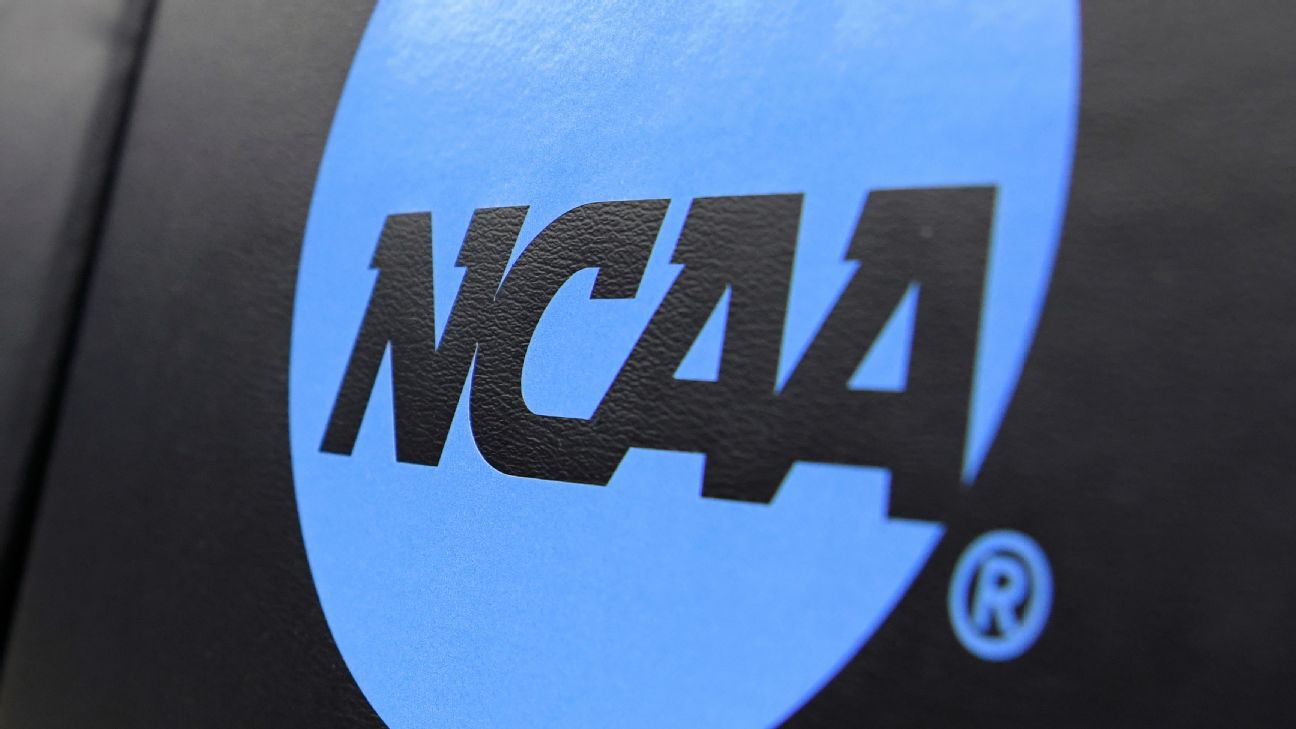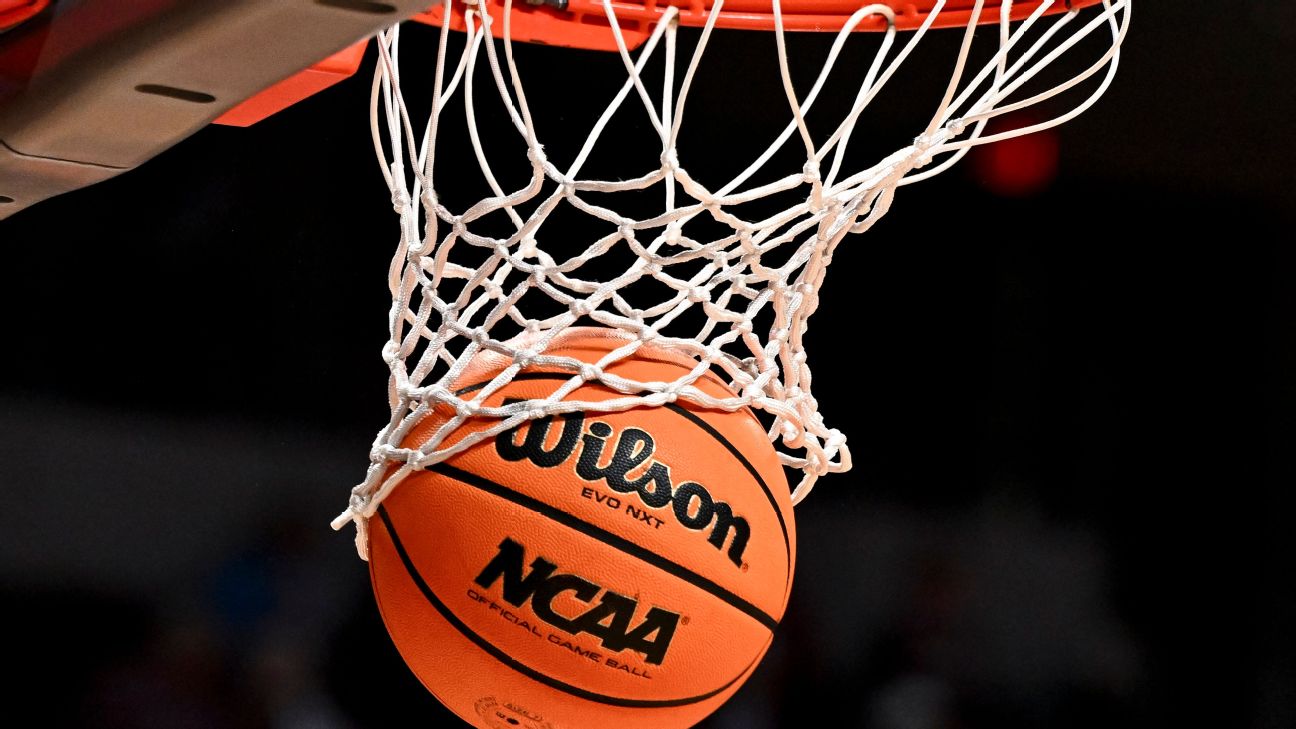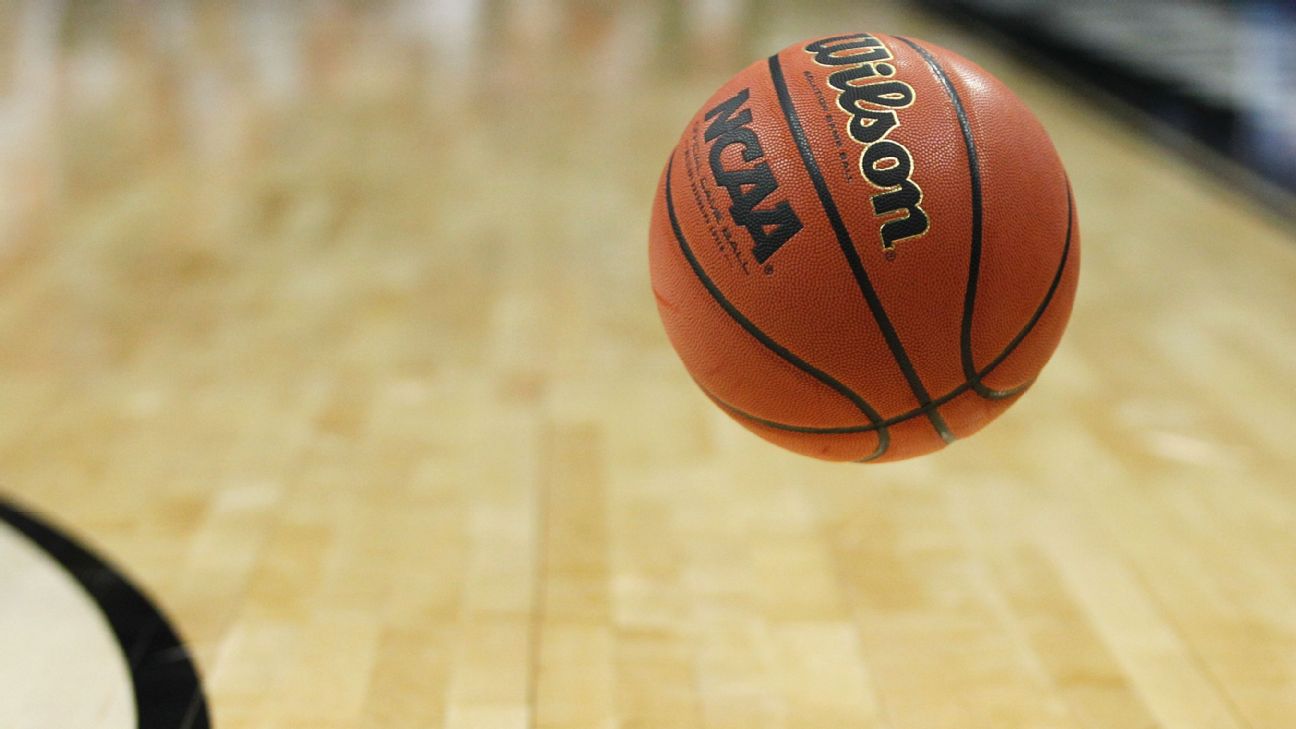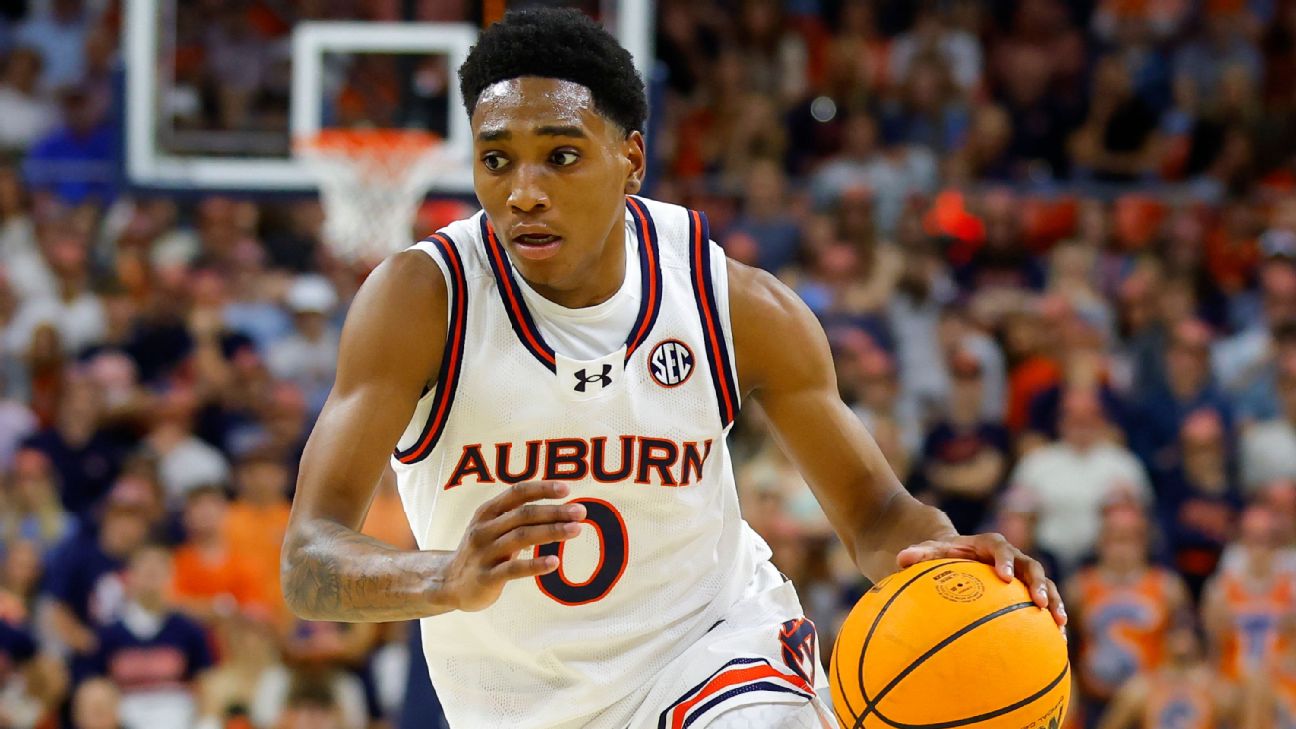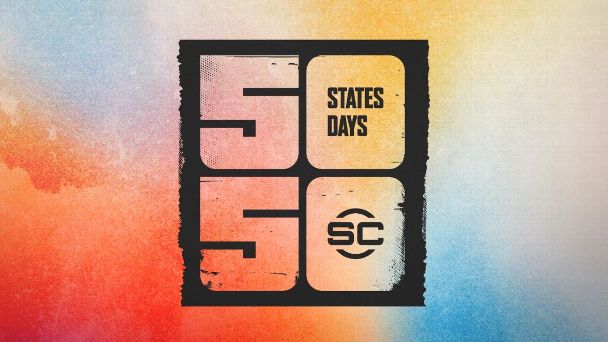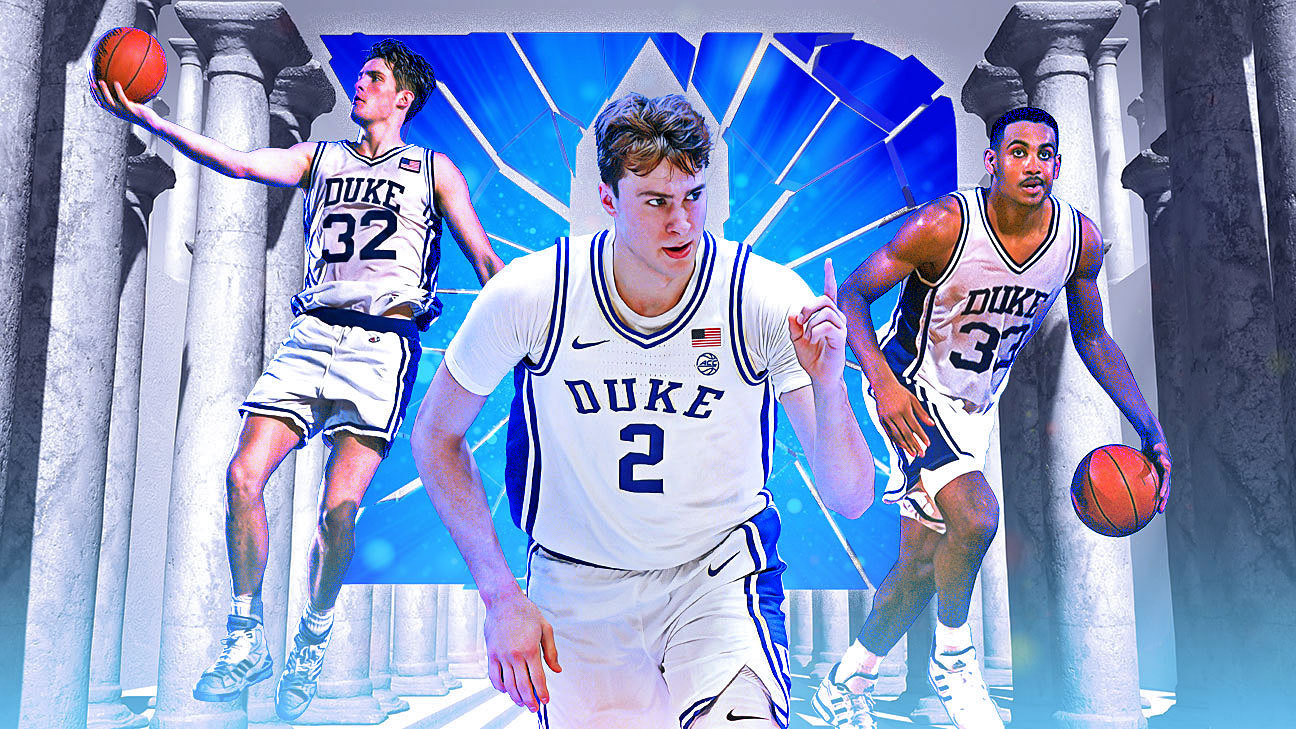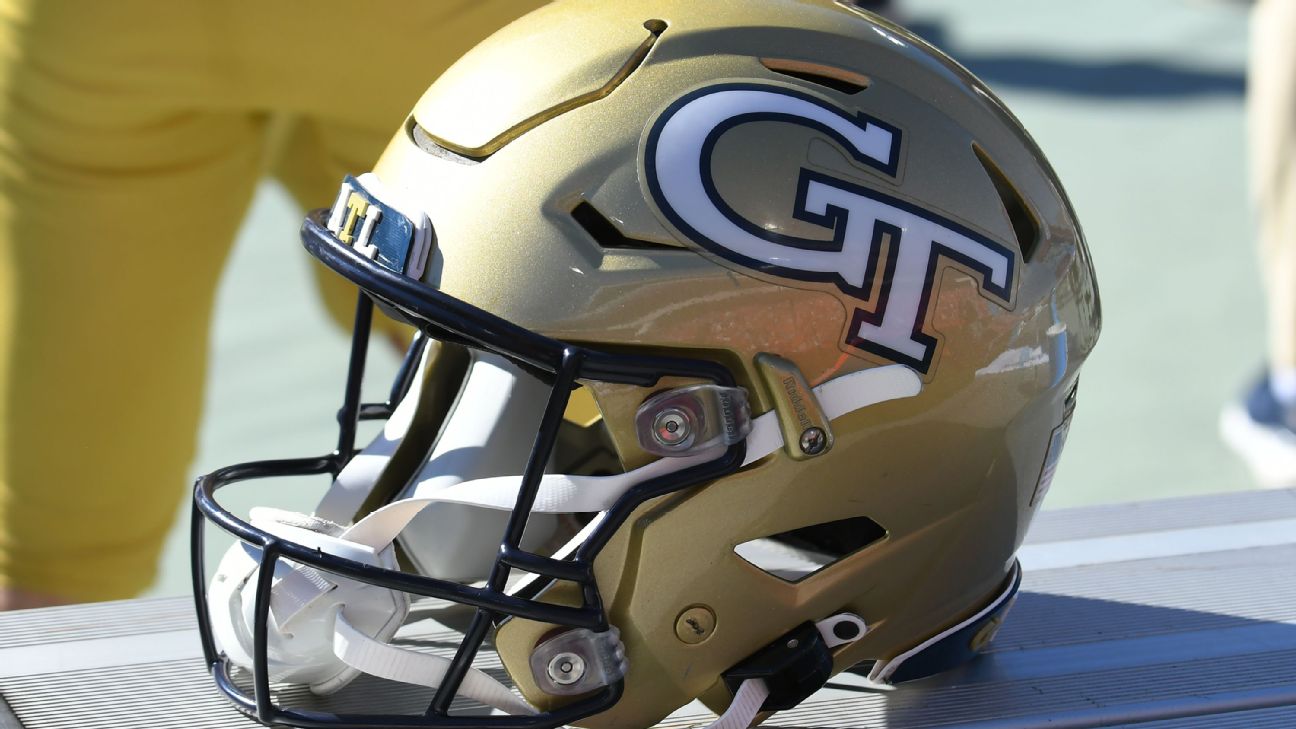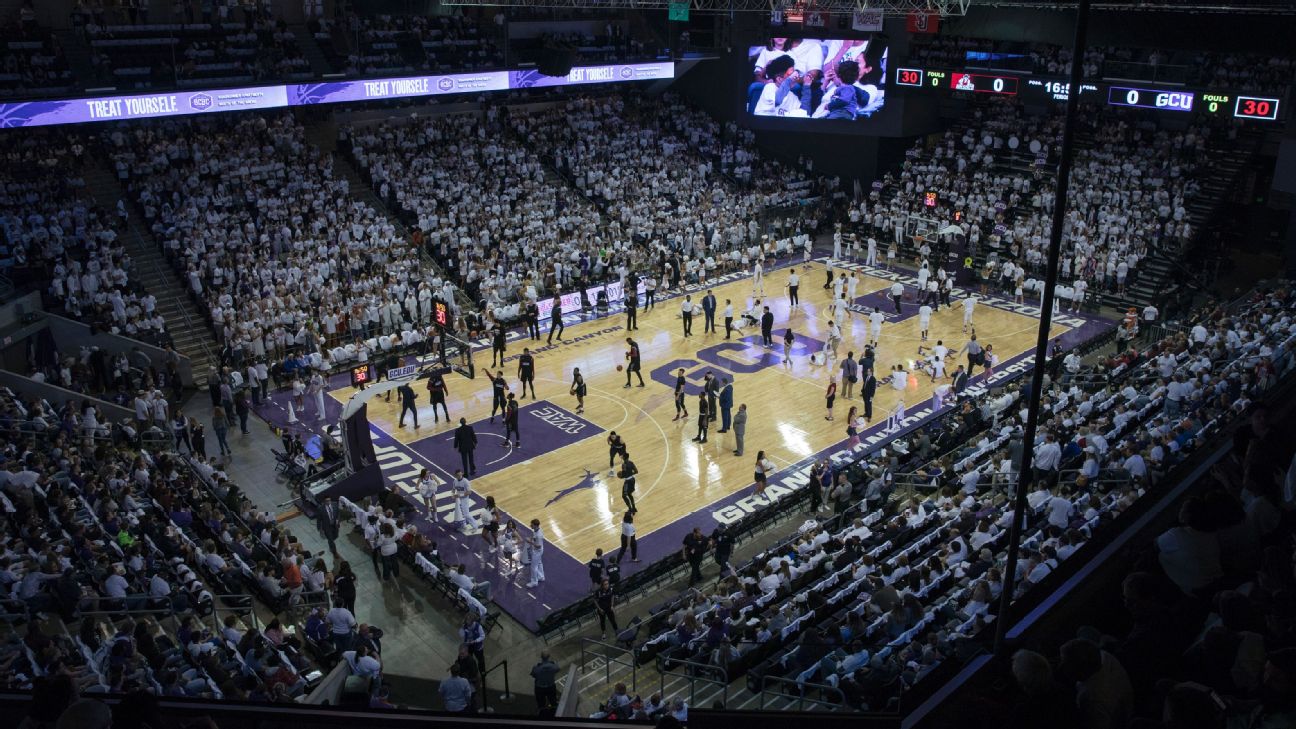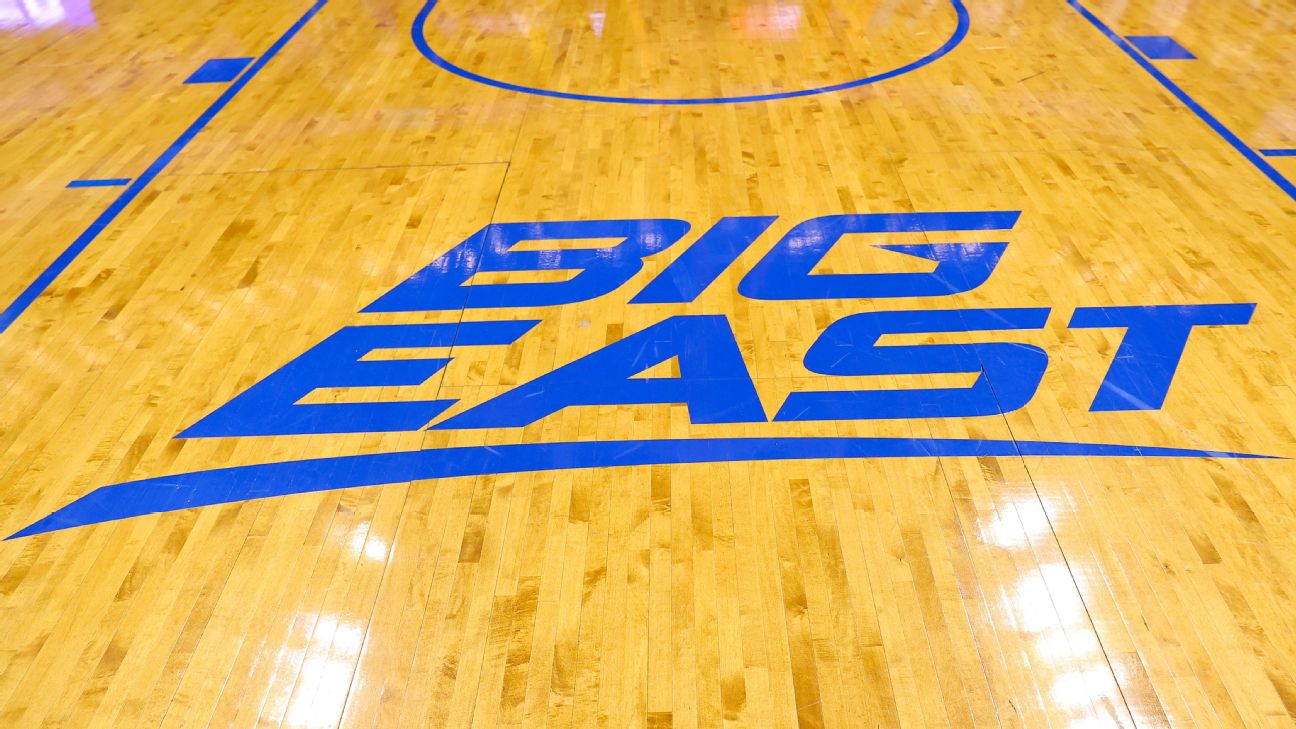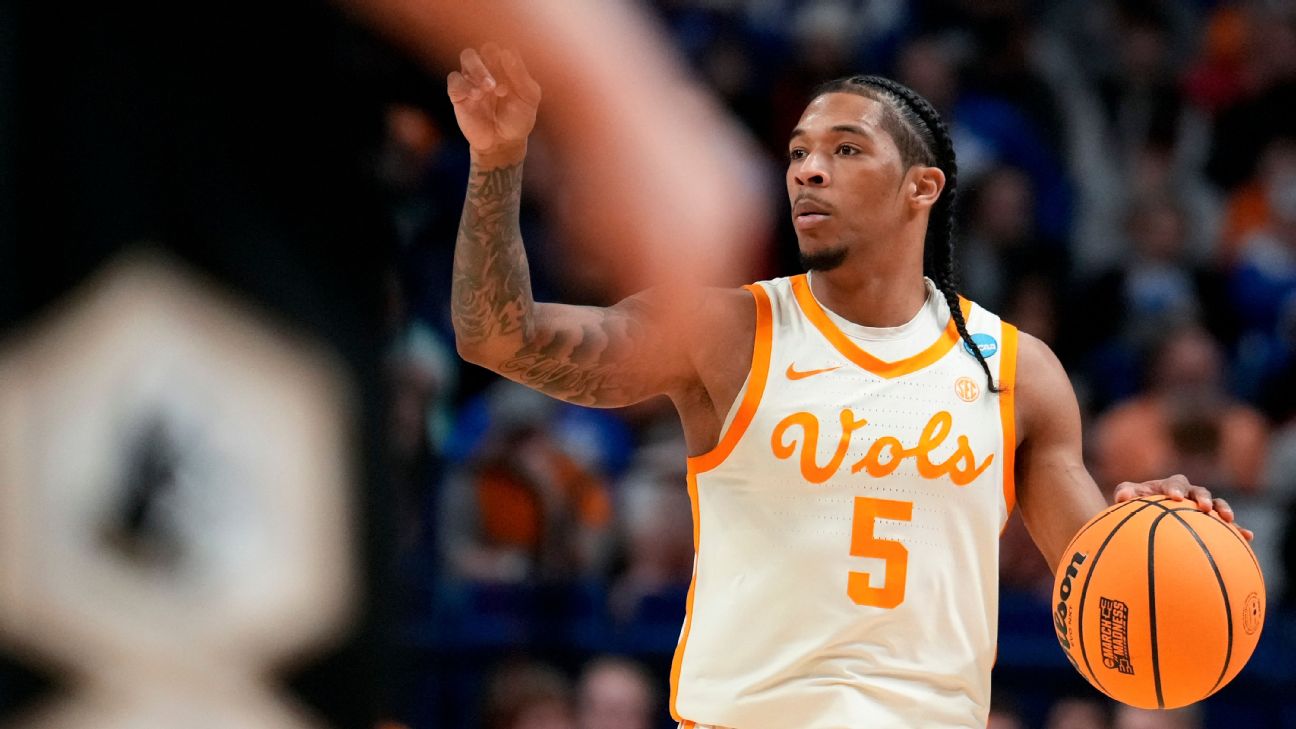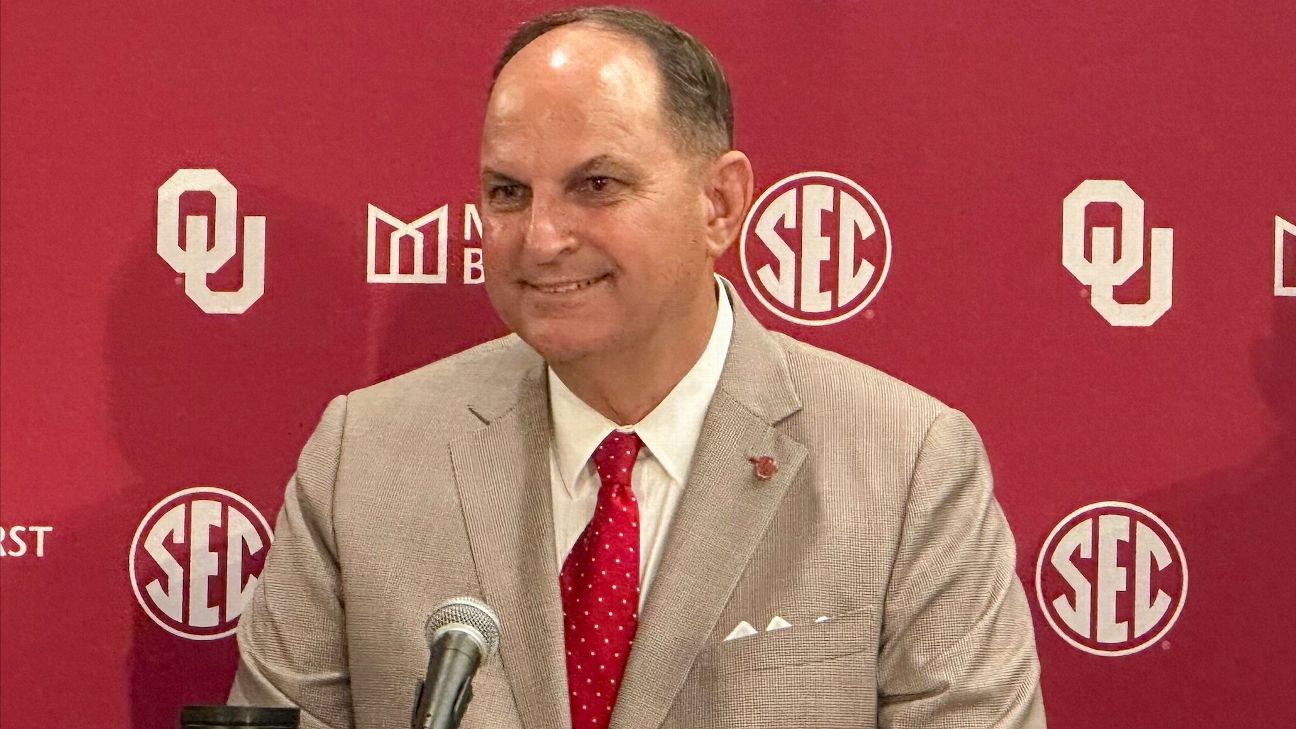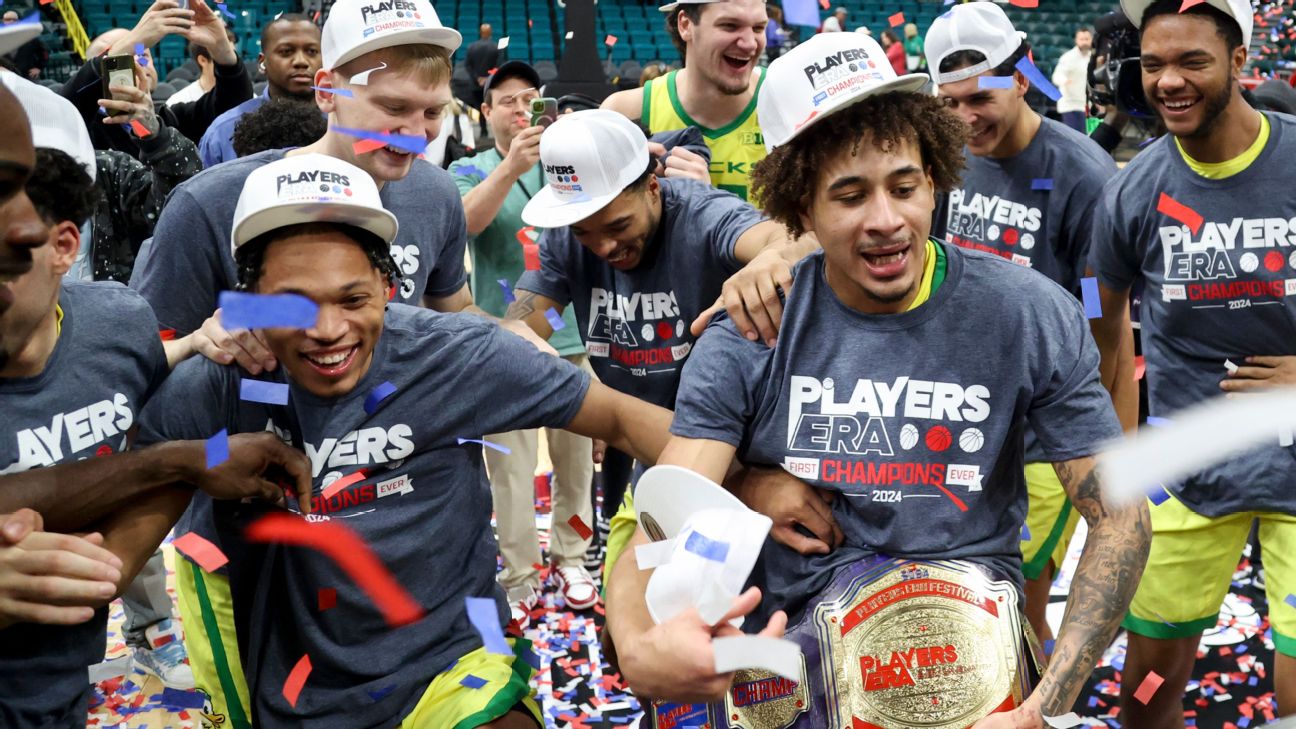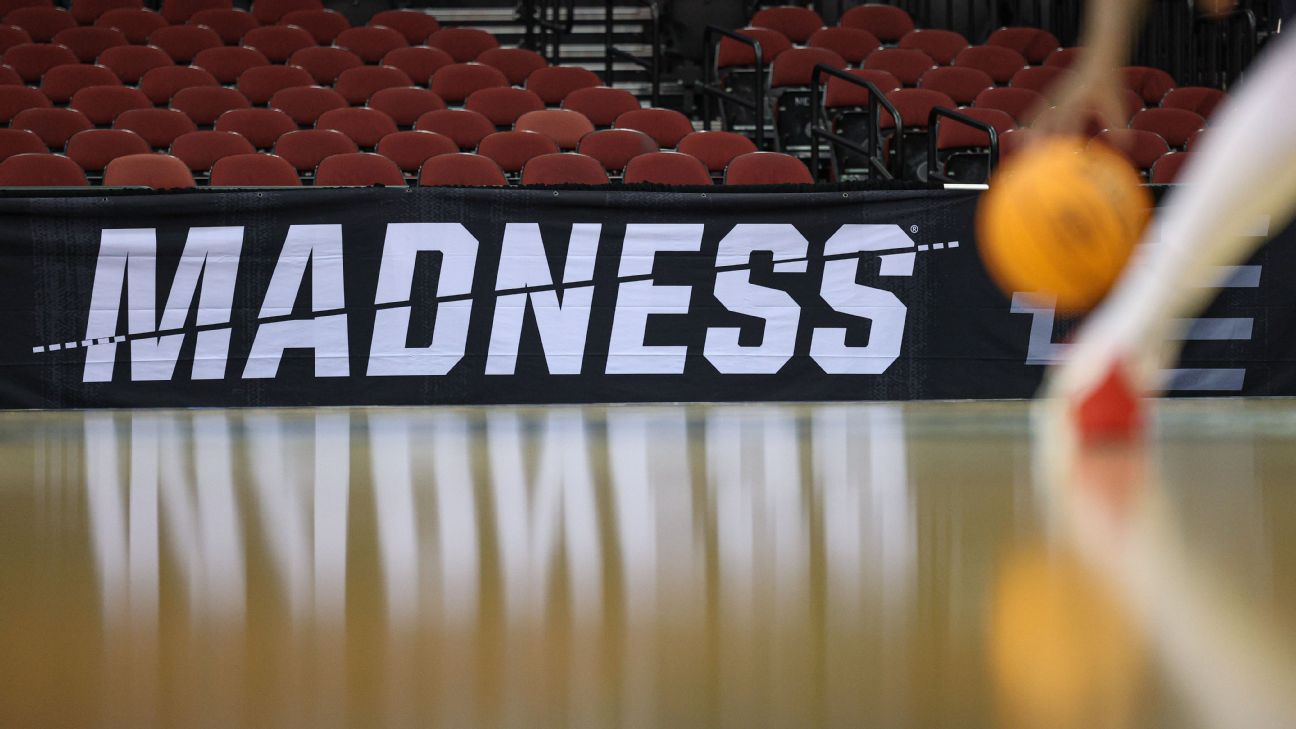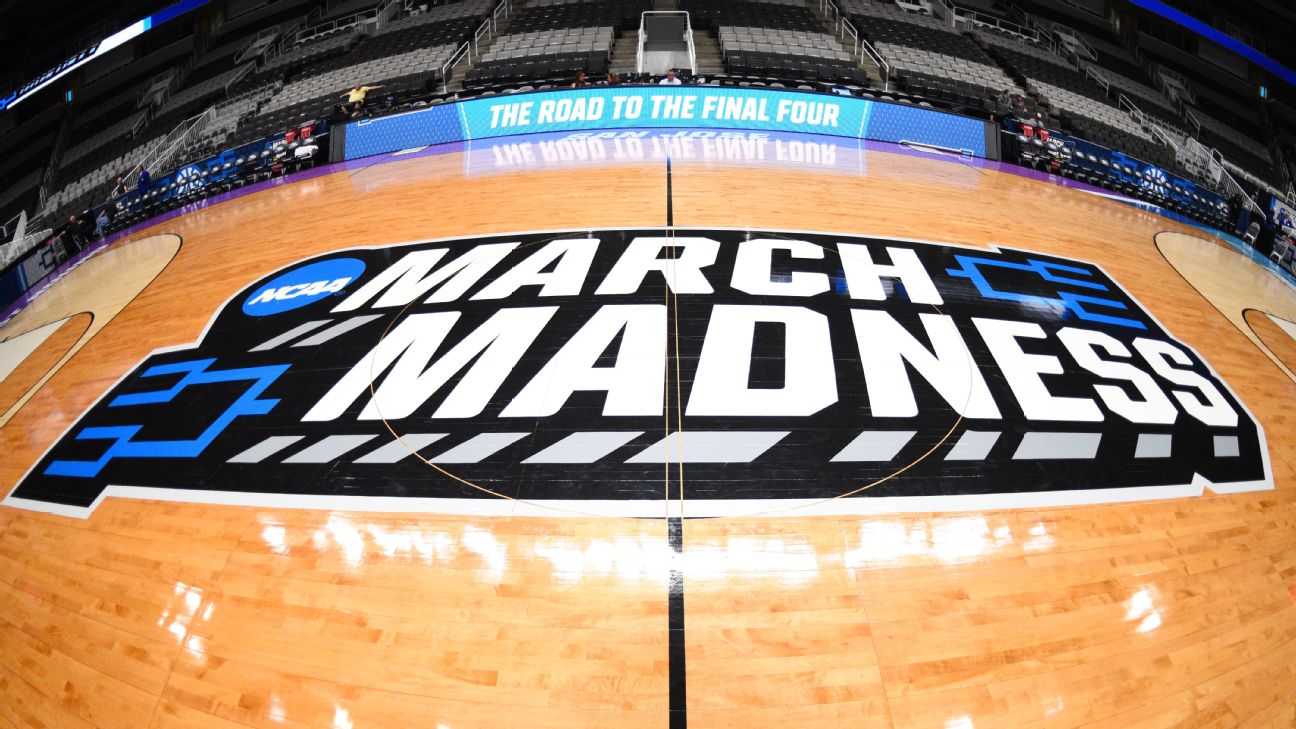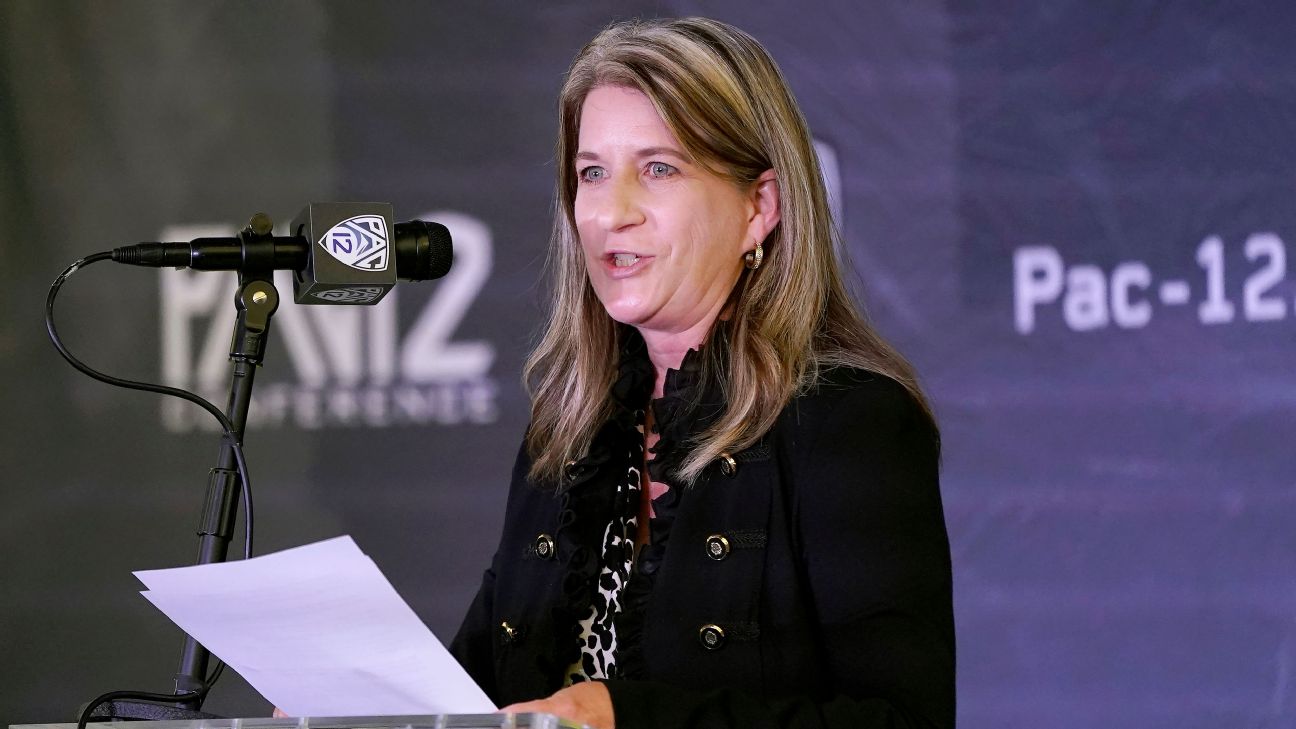New NCAA Regulations Shake Up Athlete NIL Deals: What You Need to Know
The College Sports Commission has rejected numerous NIL deals, signaling a major shift in how college athletes can profit from their name, image, and likeness.
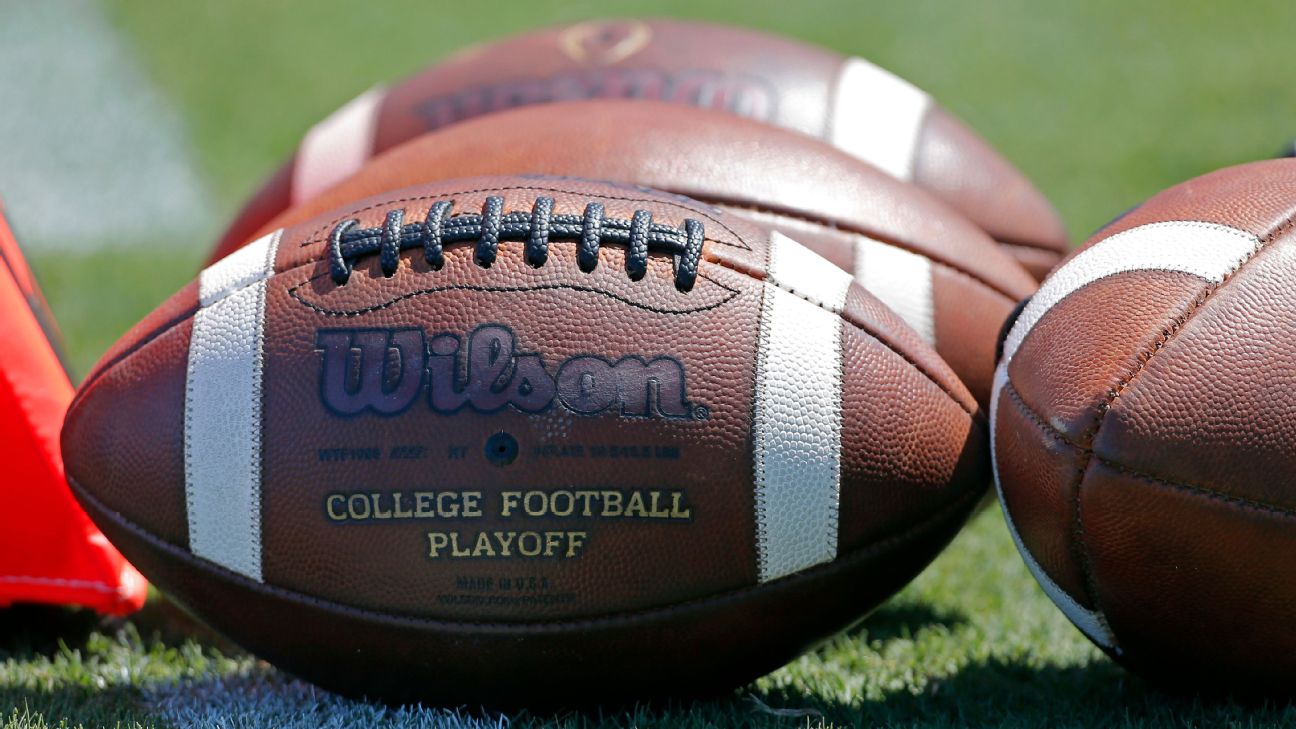
The New Era of NIL Deals in College Sports
The College Sports Commission (CSC), the newly established agency overseeing Name, Image, and Likeness (NIL) agreements in college sports, has made waves by rejecting numerous deals between athletes and donor-backed collectives. These collectives, which have been a primary method for funneling money to athletes since the NIL rules were introduced in July 2021, are now under scrutiny.
Why Deals Are Being Rejected
In a letter sent to Division I athletic directors, the CSC stated that many of these arrangements lack a "valid business purpose." According to NCAA regulations, NIL deals must be between athletes and companies that provide goods or services to the general public for profit. The CSC has found that many collectives fail to meet this standard, as their primary purpose is to raise money for athletes rather than to engage in legitimate business activities.
The Impact on Collectives
This development could spell the end for many collectives that have been closely affiliated with schools. Already, collectives associated with prominent institutions like Colorado, Alabama, Notre Dame, and Georgia have announced their closure. However, schools such as Georgia, Ohio State, and Illinois are exploring new partnerships with companies like Learfield, a media and technology firm with extensive experience in college athletics, to facilitate NIL deals.
The Role of NIL Go
While the CSC is cracking down on certain deals, it has also introduced a new clearinghouse called NIL Go to vet and approve legitimate NIL agreements. Since its launch on June 11, NIL Go has cleared over 1,500 deals, ranging from three to seven figures in value. More than 12,000 athletes and 1,100 institutional users have registered to use the system.
What Constitutes a Valid Business Purpose?
The CSC provided examples of what would and would not meet the "valid business purpose" standard. For instance, if a collective arranges for an athlete to appear at an event that charges admission, the deal would not be approved because the event's primary purpose is to raise money for athletes, not to provide a service to the public. Similarly, deals where athletes sell merchandise to fund their own compensation would also be rejected.
However, deals with businesses like golf courses or apparel companies could be approved if they have a broader purpose beyond simply acting as a collective. In these cases, the businesses are using the athlete's NIL to promote their products or services, which aligns with the NCAA's guidelines.
The Future of NIL Deals
With the $2.8 billion House settlement now allowing schools to pay athletes directly, the landscape of college sports is undergoing significant changes. The CSC's actions mark a pivotal moment in the evolution of NIL deals, ensuring that they are conducted in a manner that benefits both athletes and the broader business community.
As the NCAA continues to refine its regulations, athletes, schools, and businesses must adapt to this new environment, where transparency and legitimate business practices are paramount.












